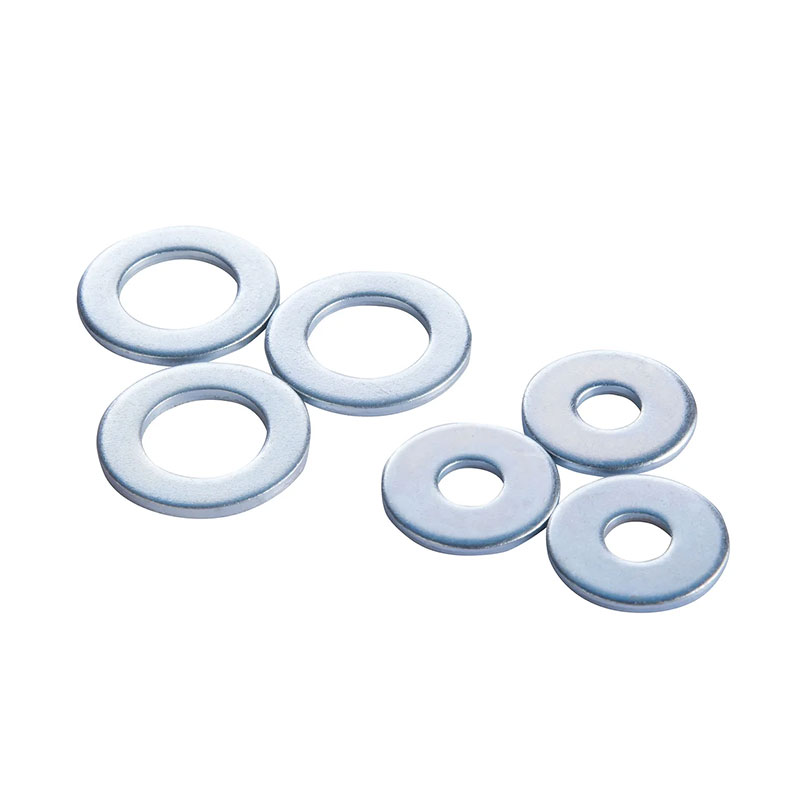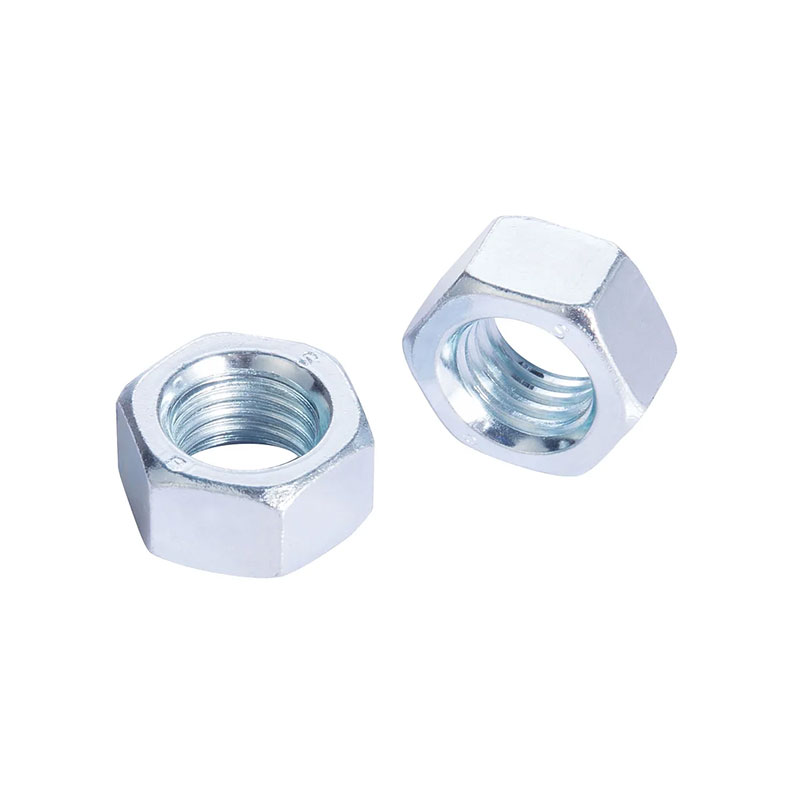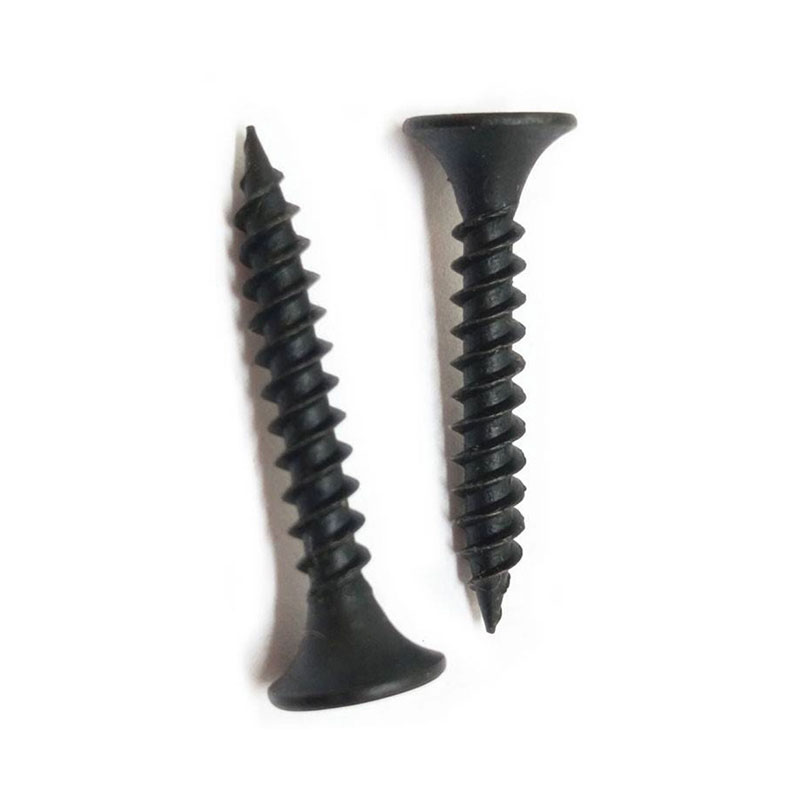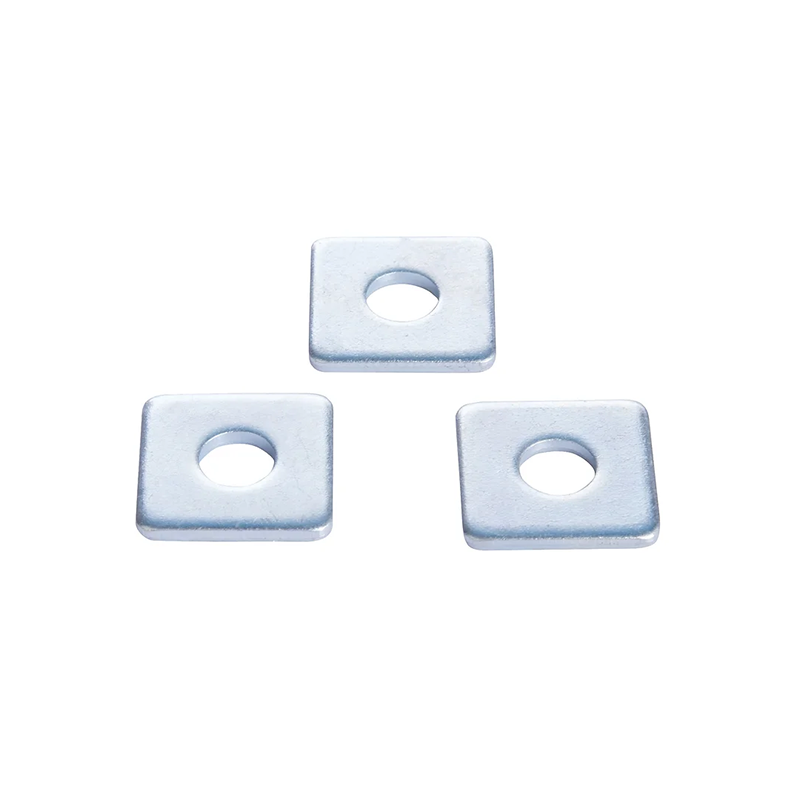How does the manufacturing process of Sandwich Panel Screw affect its strength?
 2024.09.19
2024.09.19
 Industry news
Industry news
In modern construction, transportation, refrigeration and other fields, Sandwich Panel is a lightweight, high-strength, heat-insulating and sound-insulating composite material that has been widely used. Sandwich Panel Screw is a key fastener for fixing and connecting these sandwich panels. Its strength is directly related to the stability and safety of the overall structure. The following are several aspects of the impact of the manufacturing process on the strength of Sandwich Panel Screw.
1. Material selection and pretreatment
Material selection: During the manufacturing process, the chemical composition and mechanical properties of the selected raw materials (such as carbon steel, stainless steel, etc.) directly affect the strength of the final product. High-quality raw materials can provide better strength and durability.
Pretreatment: The material needs to be pretreated before processing, such as rust removal, cleaning, pickling, etc., to remove surface impurities and oxides, ensure the purity and roughness of the material surface, thereby improving the bonding force with the adhesive or coating, and then affecting the strength of the screw.
2. Processing accuracy
Thread processing: The processing accuracy of the thread directly affects the tightening torque and self-locking performance of the screw. High-precision threads can ensure that the screws are evenly stressed during tightening, and are not prone to slipping or breaking, thereby improving their load-bearing capacity.
Dimension control: The diameter, length, head shape and size of the screws must be strictly controlled to ensure that they match the holes in the sandwich panels and the quality of installation, thereby ensuring their strength.
3. Heat treatment and surface treatment
Heat treatment: Heat treatment is an important means to improve the performance of metal materials. Through heat treatment processes such as quenching and tempering, the hardness, strength and toughness of the screws can be significantly improved, thereby improving their comprehensive performance.
Surface treatment: Surface treatment processes such as galvanizing, nickel plating, and spraying can improve the corrosion resistance of the screws, and can also increase their surface hardness and wear resistance to a certain extent, thereby improving their strength and service life.
4. Quality control and testing
Quality control in the production process: including raw material inspection, processing process monitoring, finished product testing and other links, can promptly discover and correct problems in the manufacturing process to ensure that each screw meets the quality requirements.
Finished product testing: Strength testing, torque testing, etc. are performed on the finished product to verify whether its actual performance meets the design requirements. These tests can ensure that the Sandwich Panel Screw has good strength and reliability in practical applications.
Every link in the manufacturing process has an important impact on the strength of the Sandwich Panel Screw. During the production process, each step needs to be strictly controlled to ensure the standardization and scientificity of the manufacturing process in order to produce high-strength, high-quality sandwich panel screws.



 English
English русский
русский











 Products
Products Tel: 86-574-62101087
Tel: 86-574-62101087 E-mail:
E-mail:  Add: Xiaocao 'e Binhai Industrial Park, Yuyao, Zhejiang, China
Add: Xiaocao 'e Binhai Industrial Park, Yuyao, Zhejiang, China